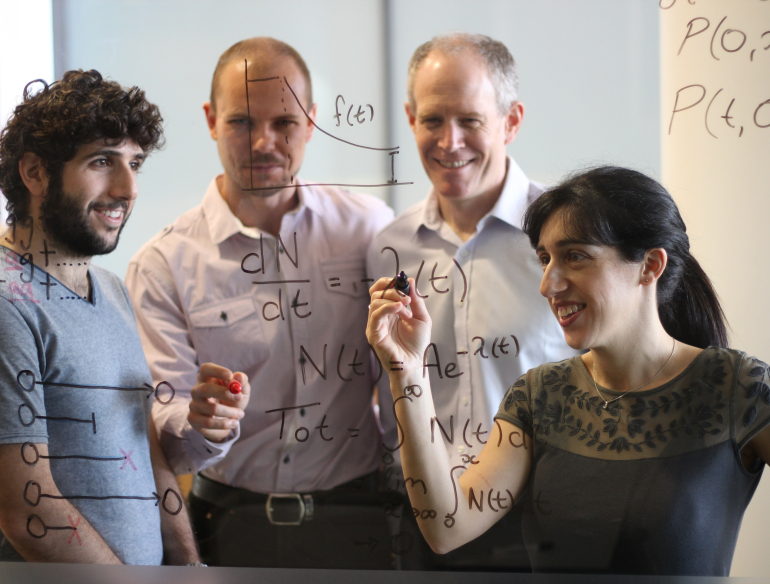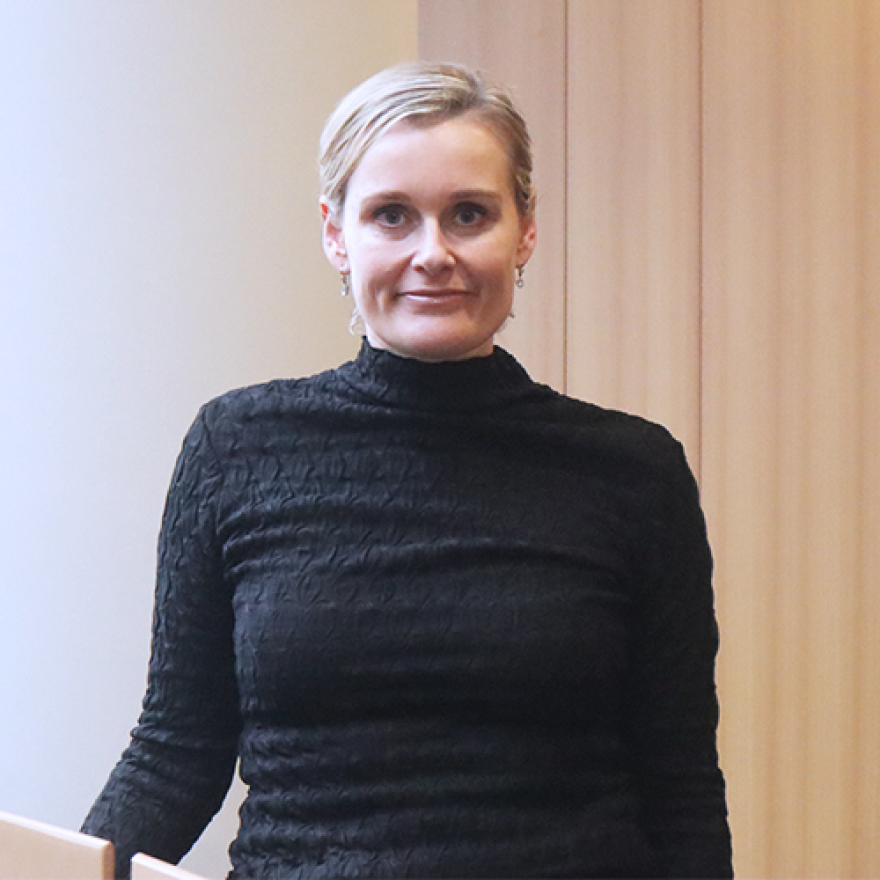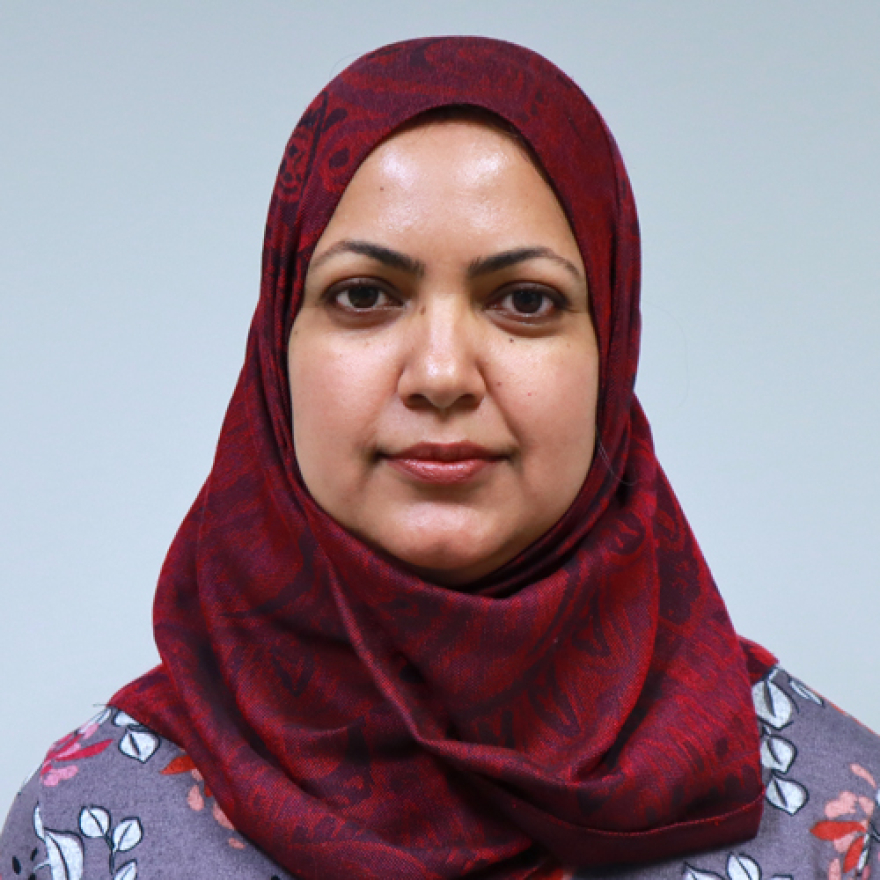In the Infection Analytics Program, we use data analytics and modelling to advance strategies to better prevent and treat major infectious disease threats such as COVID-19, HIV and malaria. Our team is made up of quantitative scientists (many with a background in mathematics or physics) who all have a keen interest in understanding how we control infections within the body.
We apply analytical approaches to analyse laboratory and clinical data, with a focus on linking the laboratory research to clinical outcomes. Our aim is to deliver truly translational insights to help control and treat some of the most devastating infectious diseases. We work closely with a wide variety of experimental and clinical collaborators to gather highly cross-disciplinary data. We then employ quantitative approaches to bridge the gap between basic science research and improving health outcomes. This interdisciplinary approach involves collaborations with multiple groups worldwide and has delivered major contributions to our understanding of immunity to COVID-19 and mpox, advanced drug development in malaria and allowed us to better “know our enemy” in HIV.

















